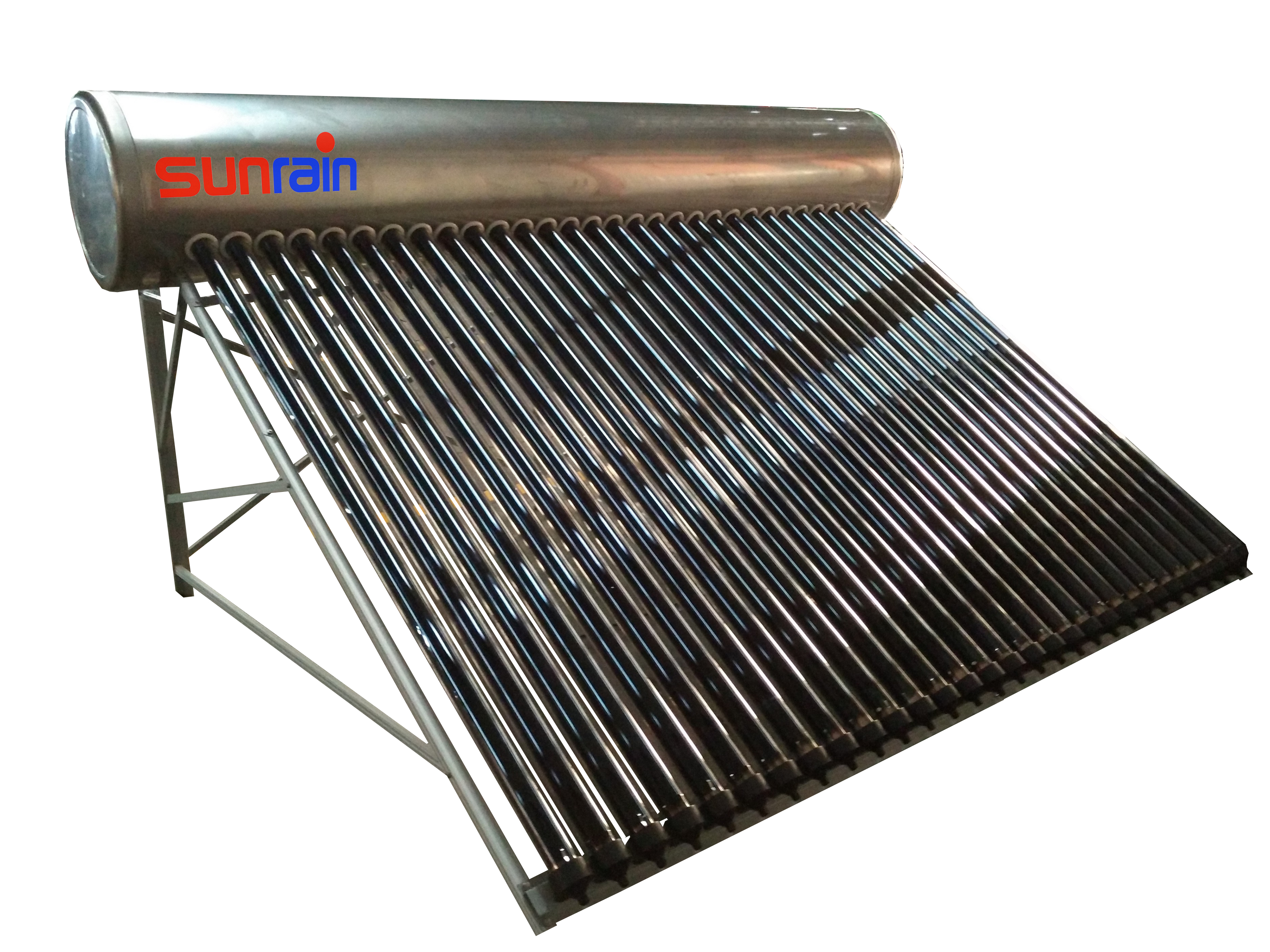Revolutionizing Productivity in Renewable Energy Heat Exchange Systems
페이지 정보

본문
Solar water heaters have become a popular replacement
Solar water heaters have become a popular alternative to traditional electric and gas water heating systems. These systems harness the renewable energy from the sun to heat water, reducing energy consumption and environmental impact. However, the performance of solar water heaters can be affected by various factors, including efficiency losses, heat storage capacity, and insufficient energy generation.
In this article, we will discuss the importance of optimizing performance in solar water heater architectures, the current design limitations, and strategies for improvement.
Current Design Challenges
Conventional solar water heater designs often employ a simple plate-exchange energy absorber with a solar radiation converter to absorb solar radiation. However, these designs suffer from several limitations, including:
Optimization Strategies
To overcome these challenges and improve the performance of solar water heater architectures, several optimization strategies can be employed:

Implementation and Benefits
Implementing these optimization strategies can lead to significant improvements in solar water heater performance, including:
Conclusion
Optimizing performance in solar water heater architectures is crucial to improve their stability. By incorporating dynamic control systems, AI, and PCMs, solar water heaters can become a efficient alternative to traditional water heating systems. As the demand for renewable energy continues to grow, it is essential to develop and implement more efficient solar water heater architectures to meet our energy needs.
Solar water heaters have become a popular alternative to traditional electric and gas water heating systems. These systems harness the renewable energy from the sun to heat water, reducing energy consumption and environmental impact. However, the performance of solar water heaters can be affected by various factors, including efficiency losses, heat storage capacity, and insufficient energy generation.
In this article, we will discuss the importance of optimizing performance in solar water heater architectures, the current design limitations, and strategies for improvement.
Current Design Challenges
Conventional solar water heater designs often employ a simple plate-exchange energy absorber with a solar radiation converter to absorb solar radiation. However, these designs suffer from several limitations, including:
- Limited absorption efficiency
- Thermal energy storage limitations
- unsynchronized energy supply and demand
Optimization Strategies
To overcome these challenges and improve the performance of solar water heater architectures, several optimization strategies can be employed:

- Enhanced energy absorbers
- Increased temperature retention
- Dynamic control systems
- Machine intelligence
- Thermal energy storage materials
Implementation and Benefits
Implementing these optimization strategies can lead to significant improvements in solar water heater performance, including:
- Improved energy conversion
- Improved temperature stability
- Enhanced energy independence
- Minimized ecological harm
Conclusion
Optimizing performance in solar water heater architectures is crucial to improve their stability. By incorporating dynamic control systems, AI, and PCMs, solar water heaters can become a efficient alternative to traditional water heating systems. As the demand for renewable energy continues to grow, it is essential to develop and implement more efficient solar water heater architectures to meet our energy needs.
- 이전글피나스테리드 5mg x 90정 (탈모방지제) 구매대행 - 러시아 약, 의약품 전문 직구 쇼핑몰 25.04.19
- 다음글This Is The Ultimate Guide To Buy A Driving License Without Paying In Advance 25.04.19
댓글목록
등록된 댓글이 없습니다.



